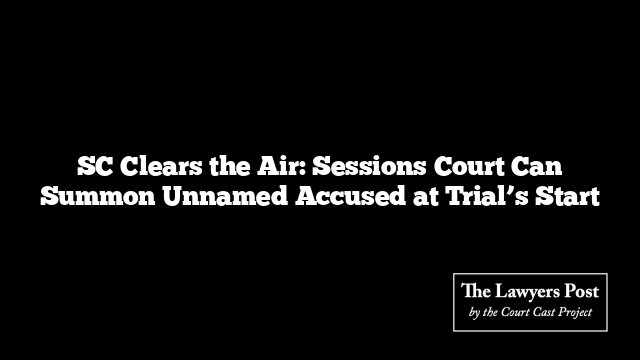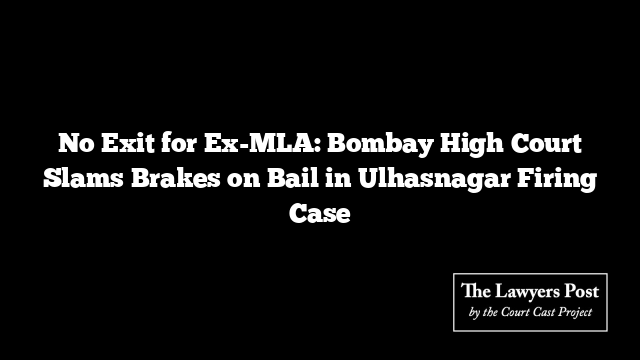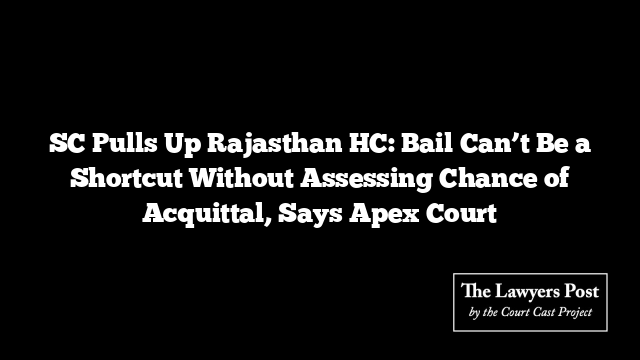In a judgment that plugs a procedural loophole often exploited to escape early scrutiny, the Supreme Court has declared that a sessions court can summon an accused person at the very start of a trial—even if the police never named them in the charge sheet.
This clarity came in the case of Kallu Nat alias Mayank Kumar Nagar, who was summoned to face trial in a brutal rape and murder, though investigators had omitted his name in the charge sheet. After the magistrate committed the case to trial, the complainant moved an application under Section 193 of the Criminal Procedure Code (CrPC), urging that Kallu be summoned. The sessions court agreed, and the High Court later backed the move. Kallu took his challenge all the way to the apex bench.
But the Supreme Court, led by Justices JB Pardiwala and R Mahadevan, wasn’t convinced.
To them, allowing a court to stay silent simply because the police didn’t name someone—despite evidence on record—would do a disservice to justice. “If the investigating agency blatantly exonerates someone and the Magistrate doesn’t commit them, should the Sessions Court be helpless? That would only obstruct justice,” the bench observed.
The judges dismantled the argument that a sessions court must wait for oral witness testimony to summon someone under Section 319. Instead, they held that under Section 193, once a magistrate takes cognizance of the offence—not of specific individuals—he commits the matter to the sessions court. From there, it’s fair game: the sessions court isn’t handcuffed by the charge sheet.
“Summoning additional accused is not a second round of cognizance,” the bench clarified. “It’s a continuation of the trial process, once the initial committal has occurred.”
With that, the Supreme Court cemented the power of trial courts to bring others into the dock early—regardless of who the police may have left out. Kallu’s petition was dismissed, and a copy of the ruling has been ordered to be circulated to all High Courts.
This verdict doesn’t just settle a procedural dispute—it signals a shift toward court-driven accountability, independent of investigative blind spots.





